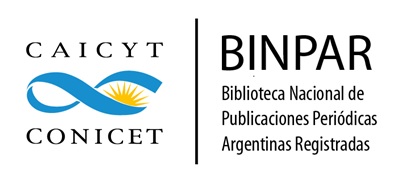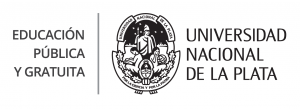The Sense of Belonging of Foreign University Students
A Reconstruction in Four Steps
DOI:
https://doi.org/10.24215/18524907e074Keywords:
foreign students, university, sense of belonging, first yearAbstract
This research article addresses the sense of belonging that foreign students construct towards the university, particularly in the case of the Universidad Veracruzana. With a qualitative approach and the use of the semi-structured interview technique, an approach was carried out with students who come from remote geographical areas of the city of Xalapa, capital of state Veracruz. The main finding identified is that the construction of sense belonging follows a sequence in four steps: family origin, professional expectations, arrival in the city of Xalapa and the first university year.
Downloads
Metrics
References
Acosta, A. y Planas, J. (2014). Itinerarios universitarios, equidad y movilidad ocupacional en México. Revista de la Educación Superior, (165), 1-3. http://publicaciones.anuies.mx/pdfs/revista/Revista165_S1A1ES.pdf
Bourdieu, P. (2007). El sentido práctico. Taurus.
Bourdieu, P. (2008). Escuela, espacio social y capital cultural. Siglo XXI.
Cabrera Canabal, L. (2019). Estrategias de los jóvenes rurales riverenses al emigrar a Montevideo para estudiar en la Udelar, Montevideo, Uruguay (Tesis de Maestría). Universidad de la República. https://hdl.handle.net/20.500.12008/23089
Cerbino, M. y Belotti, F. (2016). Medios comunitarios como ejercicio de ciudadanía comunicativa: experiencias desde Argentina y Ecuador. Comunicar, XXIV(47), 49-56. https://doi.org/https://dx.doi.org/10.3916/C47-2016-05
De Garay, A. (Comp.) (2017). Las trayectorias escolares universitarias en un tablero de serpientes y escaleras. ANUIES (Asociación Nacional de Universidades e Instituciones de Educación Superior).
Guerrero, G., Sugimaru, C., Cussianovich, A., Fraine, B. y Cueto, S. (2016). Education Aspirations among Young People in Peru and their Perceptions of Barriers to Higher Education. Working Paper, (148). Grupo de Análisis para el Desarrollo (Grade). https://www.grade.org.pe/wp-content/uploads/YL_WP148-Guerero_Education-aspirations-in-Peru.pdf
Guzmán, C. y Saucedo, C. (2015). Experiencias, vivencias y sentidos en torno a la escuela y a sus estudios, abordajes desde las perspectivas de alumnos y estudiantes. Revista Mexicana de Investigación Educativa, 20(67), 1019-1054. https://www.redalyc.org/articulo.oa?id=14042022002
Herrera, C. M., Pérez, C. P. y Echeita, G. (2016). Teorías Implícitas y Prácticas de Enseñanza que Promueven la Inclusión Educativa en la Universidad. Instrumentos y Antecedentes para la Reflexión y Discusión. Formación Universitaria, 9(5), 49-64. http://dx.doi.org/10.4067/S0718-50062016000500006
Horbath, J. E. y Gracia, M. A. (2018). Estudiantes indígenas migrantes frente a la discriminación en escuelas urbanas de las ciudades del sureste mexicano. Península, 13(2), 151-185. https://www.revistas.unam.mx/index.php/peninsula/article/view/65725
Izcara Placios, S. (2014). Manual de investigación cualitativa. Fontamara.
Khattab, N. (2015). Students’ aspirations, expectations and school achievement: what really matters? British Educational Research Journal, 5(41), 731-748. https://doi.org/10.1002/berj.3171
Lahire, B. (2008). Cultura escolar, desigualdades culturales y reproducción social. En E. Tenti (Comp.), Nuevos temas en la agenda política educativa (pp. 35-52). Siglo XXI.
Portalanza, C., Grueso, M. y Duque, E. (2017). Propiedades de la Utrecht Work Engagement Scale (UWES-S 9): análisis exploratorio con estudiantes en Ecuador. INNOVAR, 27(64), 145-155. https://doi.org/10.15446/innovar.v27n64.62374
Puga, I., Polanco, D. y Corvalán, D. (2015). Segregación de la formación y carrera docente y su rol en la reproducción social de la desigualdad. Calidad en la educación, (43), 57-102. https://doi.org/10.31619/caledu.n43.44
Romera, E., Cano, J.J, García, C. y Ortega, R. (2016). Cyberbullying: competencia social, motivación y relaciones entre iguales. Comunicar, 24(48), 71-79. https://doi.org/10.3916/C48-2016-07
Santiviago, C. y Maceiras, J. (Comps.). (2019). Trayectorias educativas y migraciones estudiantiles. Universidad de la República Uruguay.
Silva, M. (2020). El primer año universitario: una intervención institucional estratégica para la retención y el éxito estudiantil. En C. Díaz Villavicencio y L. García-Calderón (Eds.), Inserción y permanencia estudiantil en la educación superior. VI Encuentro Internacional Universitario (pp. 15-40). Pontificia Universidad Católica
del Perú.
Suárez, J. L. y Vasquez, A. G. M. E. (2021). (2021). Capital cultural y trayectorias de migración interna de estudiantes de recién ingreso a la Universidad Veracruzana. Apuntes, Revista de ciencias sociales, 48(88), 125-150. https://doi.org/10.21678/apuntes.88.1277
Additional Files
Published
How to Cite
Issue
Section
License
Copyright (c) 2023 José María Soto Recio, José Luis Suárez Domínguez, Sergio Iván Navarro Martínez

This work is licensed under a Creative Commons Attribution-NonCommercial-ShareAlike 4.0 International License.
The acceptance of an original by the journal implies the non-exclusive transfer of the patrimonial rights of the authors in favor of the publisher, who allows the reuse, after its edition (postprint), under a Creative Commons License Attribution-NonCommercial-ShareAlike 4.0 International.
According to these terms, the material can be shared (copy and redistribute in any medium or format) and adapted (remix, transform and create another work from the material), provided that a) the authorship and the original source of their publication (magazine and URL of the work) are cited, b) is not used for commercial purposes and c) the same terms of the license are maintained.
The assignment of non-exclusive rights implies that after postprint in Revista Argentina de Estudios de Juventud authors may publish their work in any language, media and format; in that case, it is requested that they signal that the material was originally published by this journal.
Assignment also entails the authors’ authorization for the work to be collected by SEDICI, the institutional repository of the Universidad Nacional de La Plata, and for it to be indexed in the databases that the publisher thinks appropriate for enhancing the visibility of the published work and its authors.
In addition, the journal encourages authors to submit their works to other institutional and thematic repositories after their publication in Revista Argentina de Estudios de Juventud, under the assumption that offering society unrestricted access to scientific and academic production contributes to a greater exchange in global knowledge.

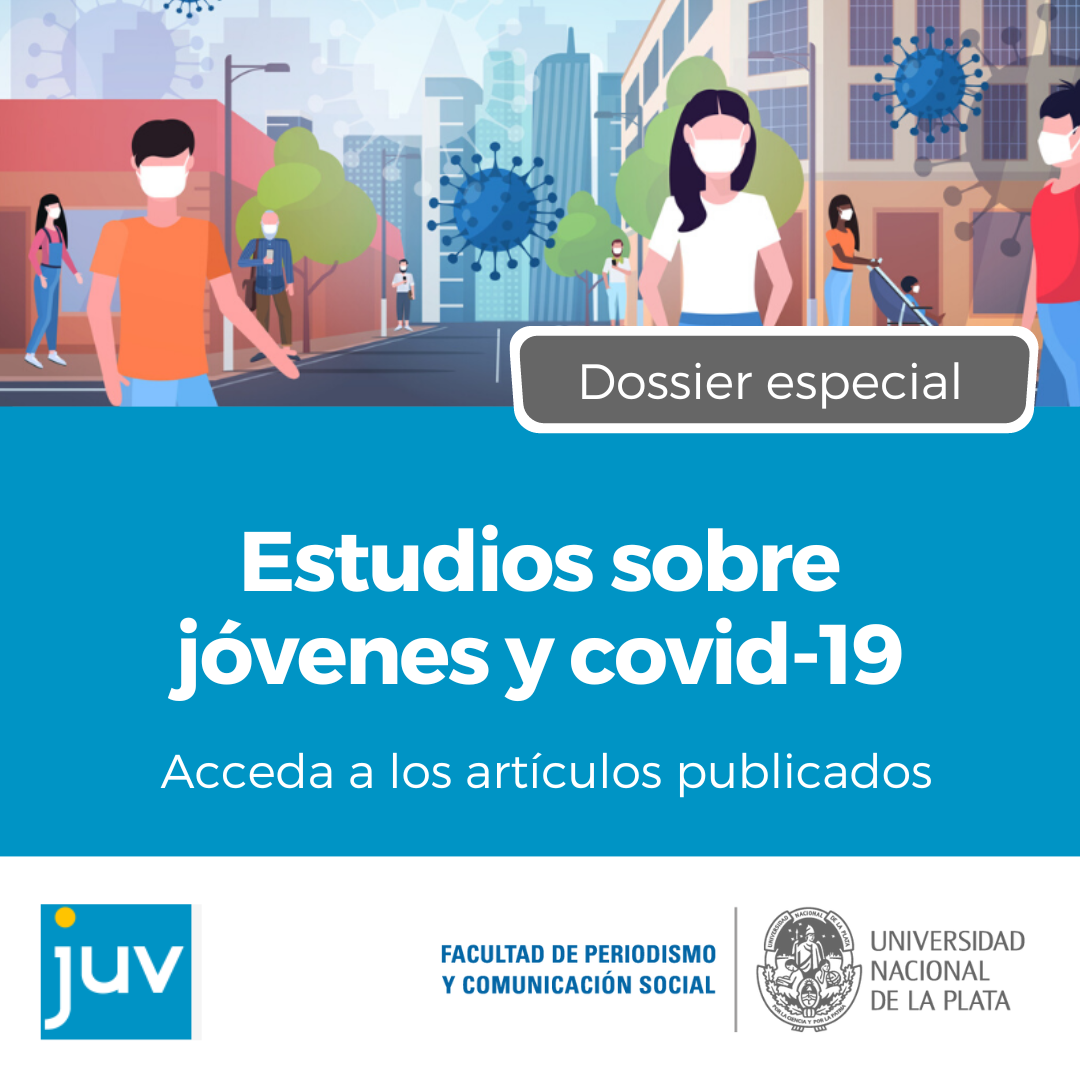




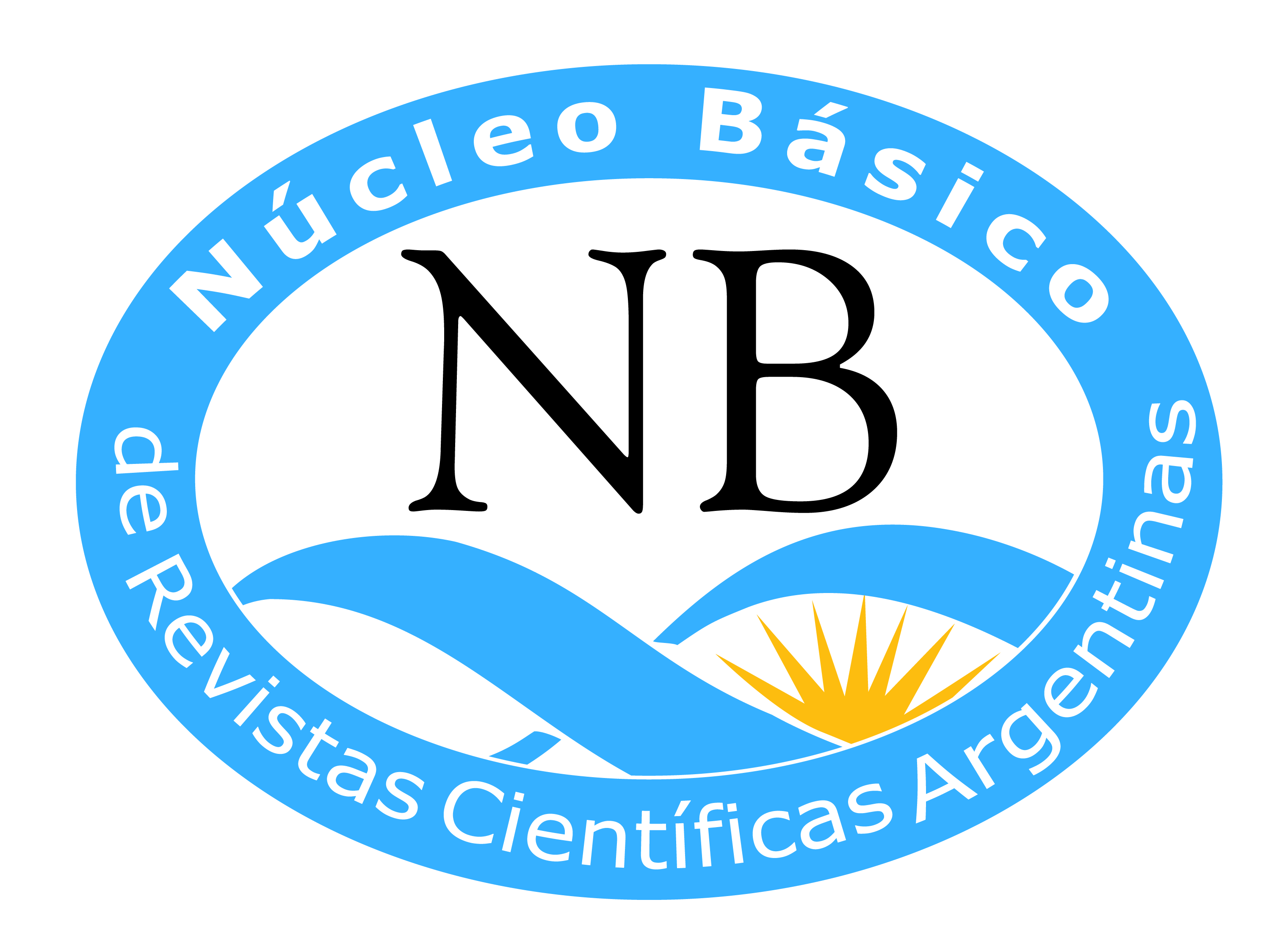


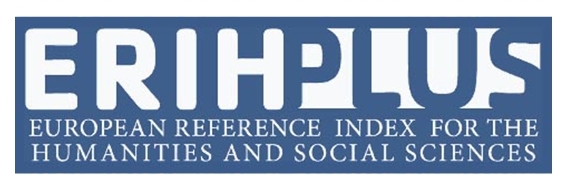



.png)















